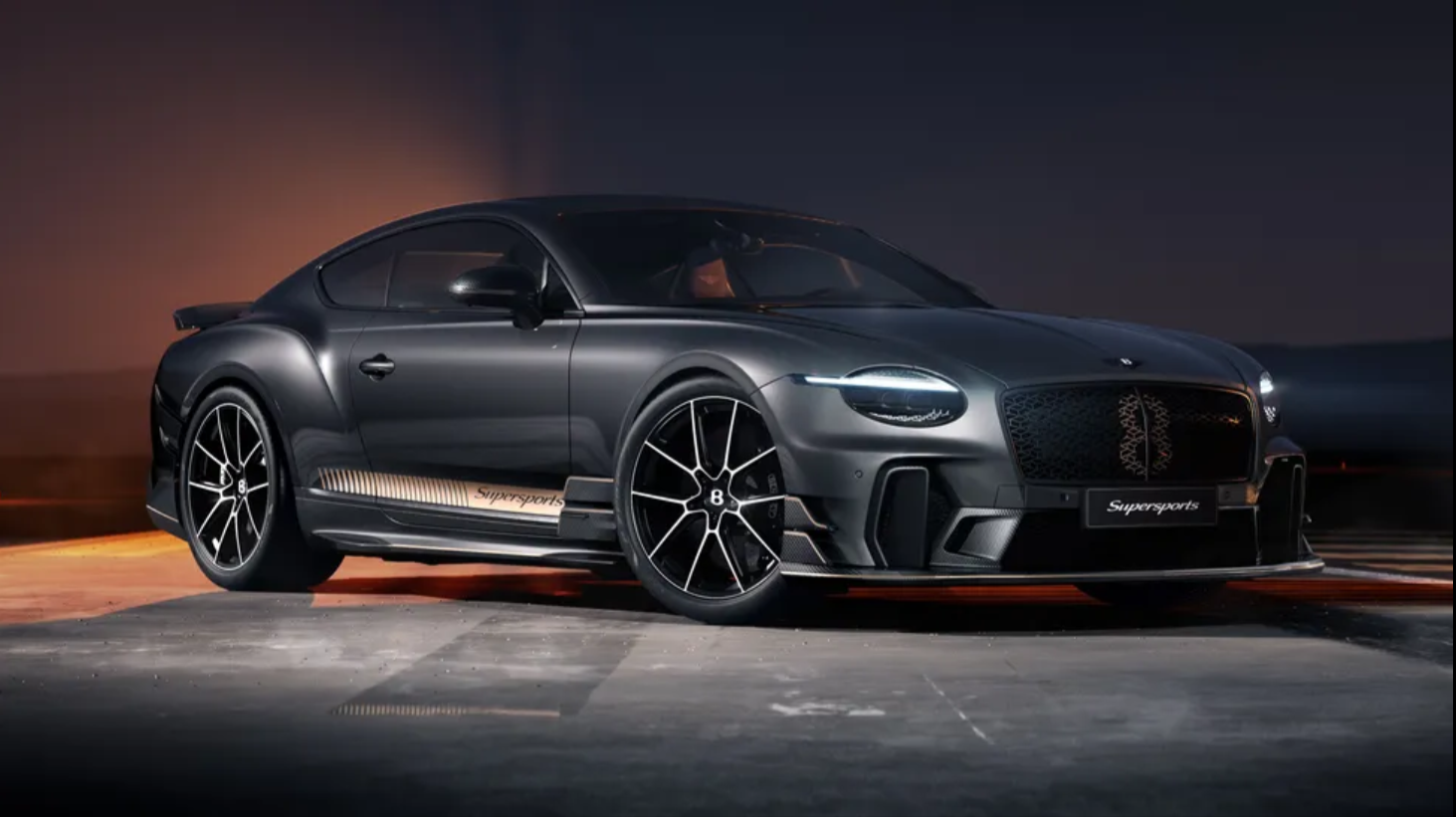The UK is delaying the ban on the sale of petrol and diesel passenger cars for five more years. Originally pencilled in for 2030, the ban will now come into force in 2035, aligning the end of combustion-engined passenger car sales with that of commercial vehicles.
Prime Minister Rishi Sunak said: “I expect that by 2030 the vast majority of cars being sold will be electric, because the costs are reducing, range is improving and the charging infrastructure is growing. People are already choosing electric vehicles, to such an extend that we're registering a new one every 60 seconds. For now, it should be you who makes that choice, not government forcing you to do it."
He claims the delay won't harm the UK's ability to meet its target to decarbonise all sectors of the UK economy by 2050, because "we're aligning our approach with countries like Germany, France, Spain, Italy, Australia, Canada, Sweden and US states such as California, New York and Massachussetts. And still ahead of the rest of America and countries like New Zealand."
The delay, according to Sunak, would give the UK time to "get the charging infrastructure truly nationwide and strengthen our own auto industry so we aren't reliant on heavily subsided carbon-intensive imports from China", the latter hinting that the UK would be keeping a close eye on the anti-subsidy investigation recently confirmed by the European Commission.
While it seems the government wants to lift off the gas, rather than completely apply the brakes on net zero policies, the policy shift has already been met with some vociferous criticism.
Speaking to BBC News before the announcement, Mike Hawes, boss of the Society of Motor Manufacturers and Traders (SMMT), said: “The industry has invested billions in this transition. A lot of it has gone into the UK already and the government has backed that. So we’ve got mixed messaging. If you want to continue that investment, you need a strong market. If you want to achieve net zero, you have to decarbonise road transport.”
The delay also comes on the heels of major investment from BMW, JLR and Stellantis into UK electric vehicle production, deals Sunak says that he's 'proud of'.
Lisa Brankin, chair of Ford UK, said: “Three years ago the government announced the UK’s transition to electric new car and van sales from 2030, supported by £430 million invested in Ford’s UK development and manufacturing facilities, with further funding planned for the 2030 timeframe.”
Sunak emphasised the need for time to make more, and better, Grid connections and launched new coordinated measures to make UK energy distribution more capable. The strategy announcements also include a raft of incentives for home owners to make their properties more heat efficient.
Incentives for making EV uptake more attractive weren't touched on though. Hawes said: “The industry contributes a huge amount to the Exchequer and if you can reduce, for instance, VAT on EVs, that’ll bring forward some of those sales and offset some of the cost. [When it comes to infrastructure] to charge at home is five per cent VAT, on the road it’s 20 per cent."






.jpg)


.jpeg)

.jpeg)
.jpeg)

